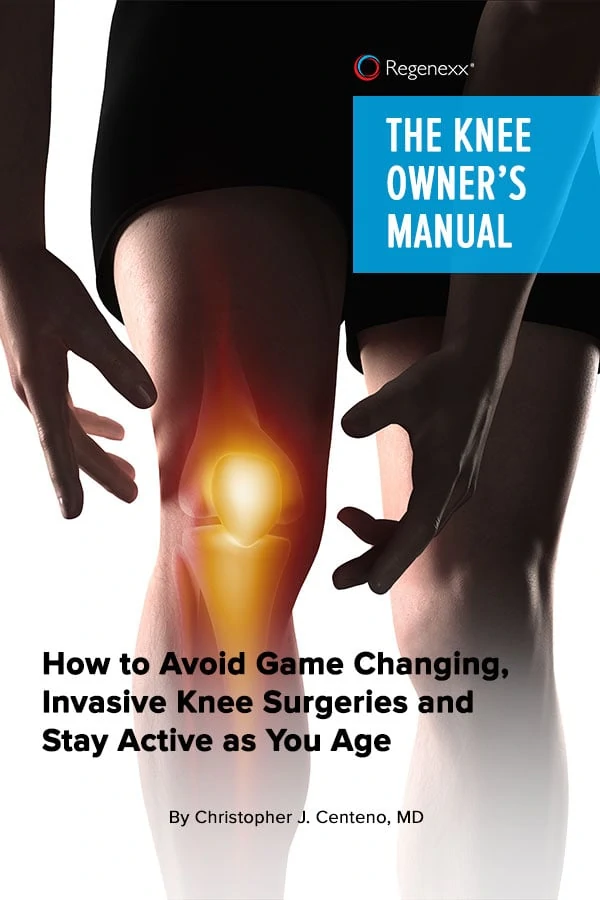At the Centeno-Schultz Clinic, we acknowledge the pain and limitation associated with knee osteoarthritis. It can make the simplest task, like walking upstairs or getting out of a chair, almost impossible at times. Symptomatic knee osteoarthritis occurs in 10% of men and 13% of women in the United States. The rate of osteoarthritis has more than doubled since 1940.
Recently, there has been an avalanche of knee replacement advertisements. The ads show a middle-aged couple post knee replacement sprinting down the beach, skiing past the trees, and biking up the mountains. Is this reality or Madison Avenue hype?
New Study Detailing Activity and Satisfaction Following Total Knee Replacement
Researchers, Baker et al, followed 99 patients who underwent knee replacement from august 2015 to December 2015. The study was a prospective longitudinal cohort observational survey. Patients identified activities most important to return to after knee replacement. Patients were contacted at 3 weeks, 6 weeks, 3 months, 6 months, and 12 months post procedure.
Study Results
The percentage of patients who actually returned to kneeling was only 85%, to cycling was 40%, and to sports was only 60%. Ouch! There seems to be a disconnect between the hype and reality.
Patient satisfaction was no better. The percentage of patients who returned to a given activity but were NOT satisfied at 12 months is concerning.
- Regarding kneeling, 59% of patients at 12 months post surgery were not satisfied.
- Regarding cycling, 59% of patients at 12 months were not satisfied.
- Regarding sports, 40% of patients at 12 months were not satisfied.
Alternative to Knee Replacement
Don’t believe in the hype. Satisfaction and return to cycling and sports is low in patients post knee replacement at 12 months.
If you have ongoing knee pain that is limiting your potential to have a great powder day in blue sky basin or an afternoon with your grandson, please schedule a consultation at the Centeno-Schultz Clinic, where a board-certified, fellowship-trained physician will review you history, surgeries, medications, and MRI and perform a thorough evaluation. Thereafter, you will be provided a candidacy rating and treatment plan. Anything less will compromise your potential.

